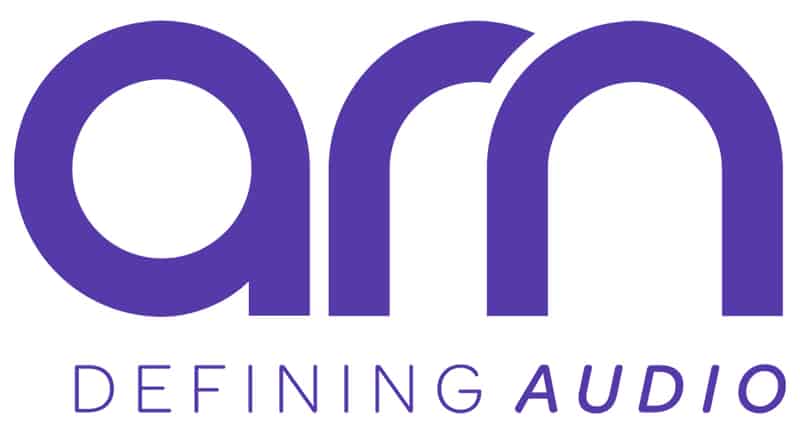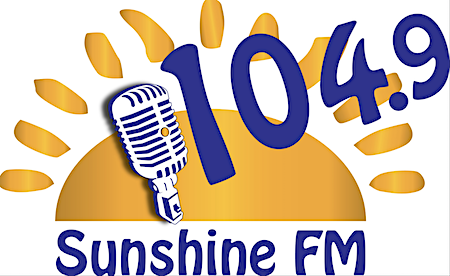“Oh, we tried it before with a woman and it didn’t work:” Women in Radio special series: Part 2

In this five-part series, exclusive to Radio Today, Brisbane radio presenter of more than 30 years Spencer Howson investigates the under-representation of women on Australian radio, and makes a series of recommendations aimed at challenging the status quo. Read Part 1 here.
Recommendation #1 – Women should put themselves forward for presenter jobs:
Much of the hiring of radio presenters in Australia is based on personal recommendation. This limits the pool of potential presenters to people who are already known to managers or are connected to their networks.
Majella Marsden confirmed that this was her experience when she was the Content Director at 4BC (2013-14): “Nothing was ever advertised for any of those positions. It was all like, ‘What about so-and-so? What about so-and-so?’”
Scan the jobs pages on industry websites like Radio Today, as well as the Careers page on the ABC website, and you’ll see that whilst presenter roles in smaller markets are advertised, the larger the market, and the more prominent and important the role, the less likely that a job will be advertised.
So in 2020, when 2GB needed a replacement for Alan Jones to present its Sydney Breakfast show, there was no ad in the Sydney Morning Herald or on Radio Today. It went to a known quantity in Drive/Sydney Live presenter Ben Fordham. In turn, the Drive presenter job was also not advertised.
Former CEO of Macquarie Media Adam Lang explained that a common reason for not advertising was that presenters did not always know they were being replaced: “If you’re planning to move someone, you want to do it in secret and so a public forum for that job application process might not be the idea”.
Four of the presenters and four of the managers that I interviewed intimated that “men hire men”, that a dominance of men in radio station management resulted in more men than women being hired as presenters.
One manager, who chose to remain anonymous, told me: “If your radio manager is a bloke, he feels more comfortable with blokes, as opposed to having females in the building. Because there is a perception amongst some blokes that, you know, having females in the building, you’ve got to deal with all that female stuff. They’re emotional, and they’ll be catty, and on air they’ll make emotional comments, and they’re not as funny as blokes”.
There’s no doubt that putting women on air in prominent solo presenter roles is still seen by many in the radio industry as risky. Stations tend to stick with what they know, and that means men.
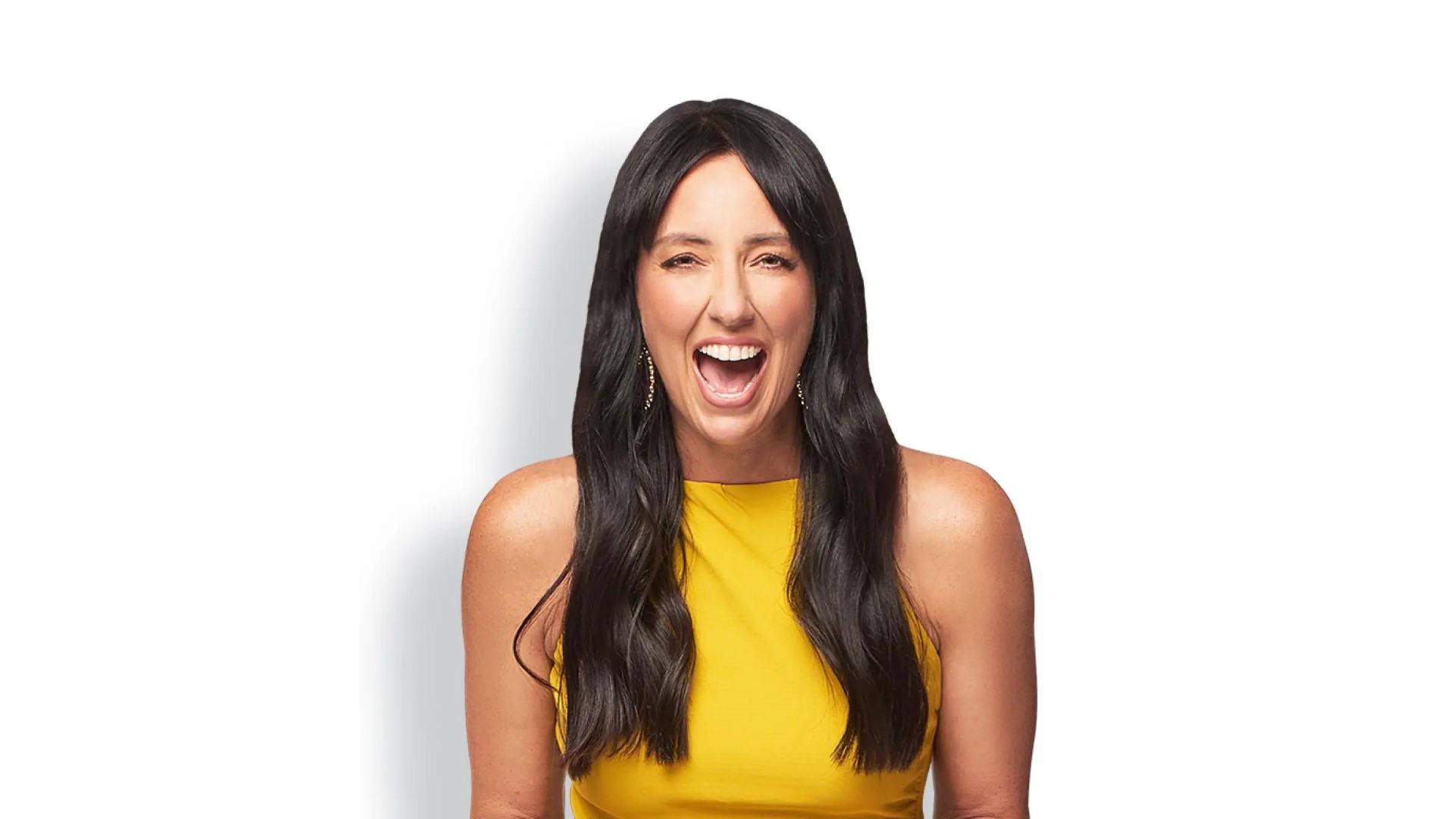
Ali Clarke (ABC Adelaide at the time, now Mix, pictured above), explained it this way: “It’s big money decisions and it’s a risk to step outside what has worked before”. Former TV and radio presenter, and author of The Good Girl Stripped Bare, Tracey Spicer added that women were often seen by radio station managers as one homogenous group: “You’d hear the expression ‘Oh we tried it before with a woman and it didn’t work’. You would never hear that said of men.
According to Rosalind Gill, in her 1993 book Justifying Injustice: Broadcasters’ Accounts of Inequality in Radio, radio station managers, usually men, will justify the status quo by saying that women do not want to be radio presenters, or that they lack the confidence to put themselves forward.
Adam Lang said it was true that there were usually fewer female candidates for radio presenter roles. He said this was because “we haven’t role modelled enough successful women in those roles to make perhaps potential candidates step forward”.
ABC Content Quality Manager Phil Ashley-Brown said women were applying to be on air: “My experience in the last five years has been there’s been a lot of women applying and a lot of women successful in breakfast shows. Of the last five [jobs that I’ve filled], we’ve hired one man and four women and they were all breakfast gigs”.
I know that it’s victim-blaming to say this, but for as long as questionable or unscientific hiring practices exist, any women who want to be radio presenters must make themselves and their ambitions known to station managers and decision-makers. Some of the presenters and managers interviewed for this study said women tended to undersell their abilities, or they just assumed that a man would get the job.
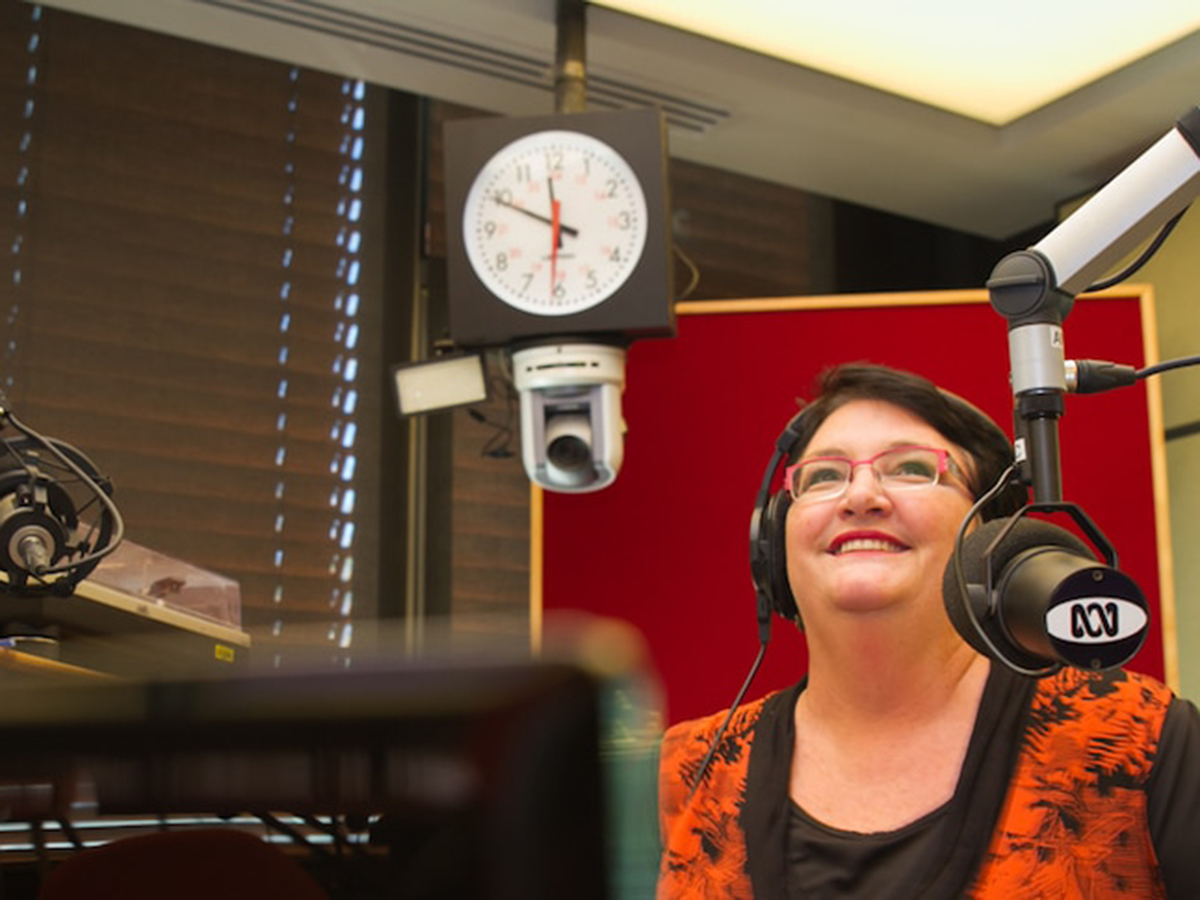
Kelly Higgins-Devine (ABC, pictured above) expressed it this way: “Why bother putting in for a job that you’re not going to get? I’m not an old straight white male so why would I get that job over an older straight white male? I’m not going to get that job”.
A solo presenter on a prominent shift in one of Australia’s biggest radio markets said she still doubted her abilities at times: “I think men maybe are better at hiding that or are brought up to go, you know, ‘back yourself, mate’”.
Having the confidence to “back yourself”, to believe in your abilities, might not come naturally to everyone, including some men, but it a necessary part of selling yourself to a potential employer, especially where jobs are not always advertised publicly. Case-in-point, 2GB’s Deborah Knight said she had always been proactive in seeking opportunities: “I can’t tell you the last job that I got from putting in a job application. Maybe when I first started out in the game and then ever since it’s been who you know or calling people up or getting in contact with people when you hear of opportunities coming up”.
The next step is to say “yes” when a job is offered to you.
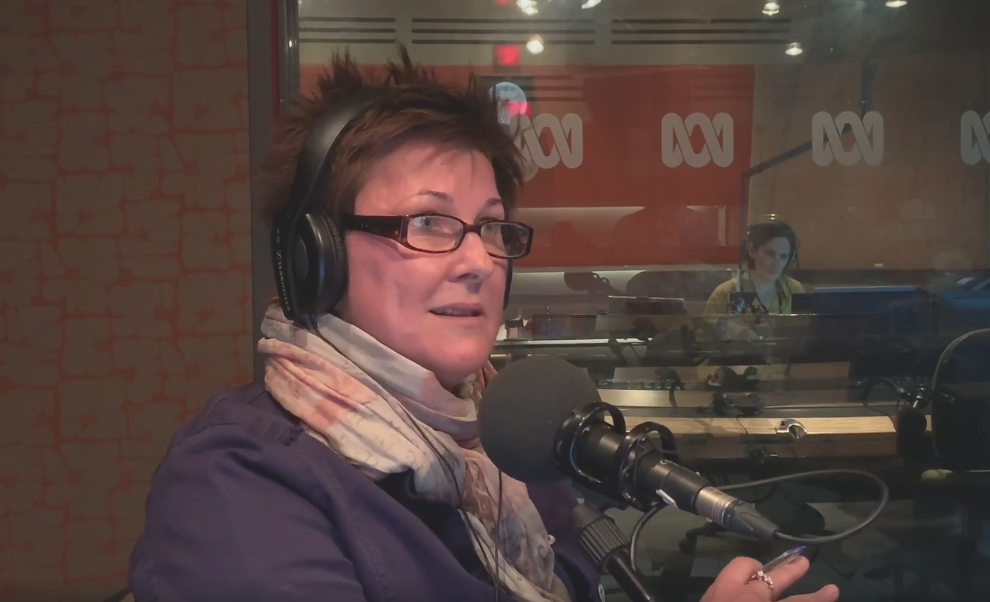
Lindy Burns (picture above) told me that when she was offered Drive on ABC Melbourne in 2005, she had a crisis of confidence: “I was so keen not to take it but then we were in New Zealand where my uncle lives and I was telling him about it and he just thought I was insane to think of not taking it. ‘You can’t turn that down, Lindy, that’s insane. You have to take it’. So I did and yeah, the rest is history”.
And from Ali Clarke, this advice: “Don’t think I’ll just do a little bit more study or I’ll go and do another AFTRS course or I’ll volunteer for a few more hours, and then I’ll be okay. You should go for it. Jump in, boots and all”.
Next week: Recommendation #2 – Managers should encourage and consider female applicants
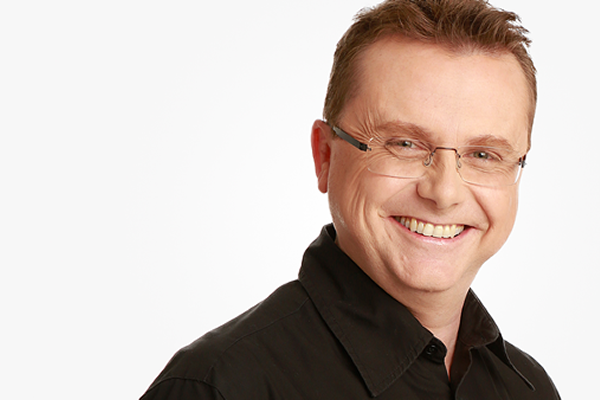
Spencer Howson is a Lecturer in Radio Production at the University of Southern Queensland.
His career began in 1990 at Reading Radio 4RPH. Spencer volunteered, and later worked part-time, at Reading Radio whilst studying journalism at QUT. He has served on the Board of Directors at different times, including stints as Vice President and President.
Spencer worked for the ABC from 1993-2020, including 15 years as host of the top-rating ABC Brisbane Breakfast show. From 2017-2020, he held the position of Program Quality Advisor, which involved spotting, developing and coaching ABC radio presenters and producers across Australia.
From 2021-2023, Spencer tasted the world of commercial radio, hosting Weekends on 4BC.
*Main photo: Shutterstock
